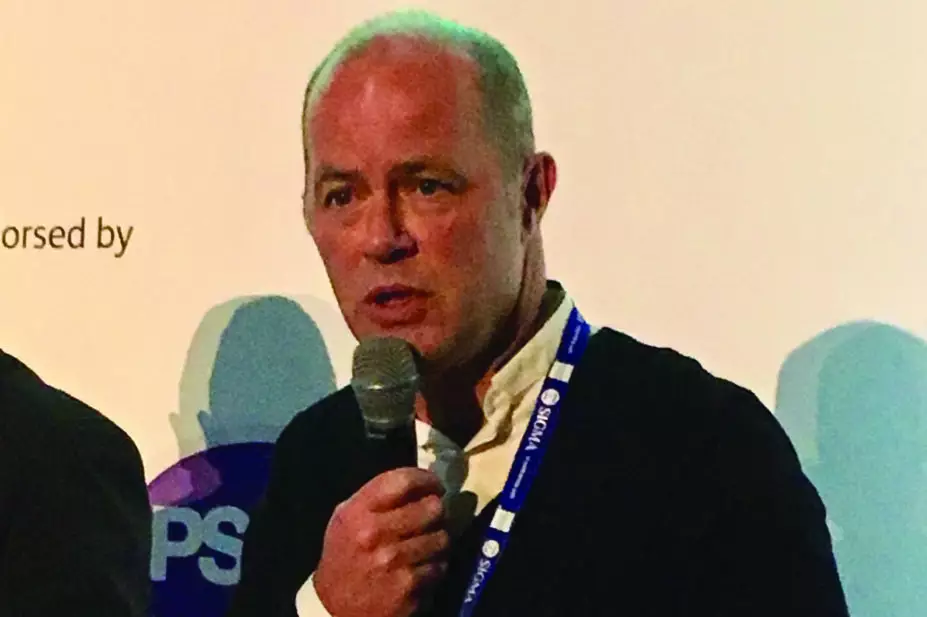
Katie Osborne/The Pharmaceutical Journal
The outgoing managing director of Celesio UK, the parent company of LloydsPharmacy, has said he resigned because he “needs to go back to [his] family.”
Cormac Tobin, who resigned with immediate effect last week (2 November 2017), has been managing director of the group, which works across healthcare from medicines wholesaling to informatics, since early 2013.
In an email to The Pharmaceutical Journal he said: “The only reason I’m leaving Celesio UK and it’s with mixed emotions, is that I need to go back to my family.
“It’s been five incredible years and I truly have enjoyed every minute.”
Tobin added that McKesson Europe, which owns Celesio UK, had been “incredible in supporting and accommodating” his decision.
In his email, Tobin paid tribute to Celesio UK saying it has “an unrivalled and talented team who will continue to provide innovative and compelling patient and customer outcomes and experiences.”
Tobin’s sudden resignation came a week after it was announced that 190 LloydsPharmacy stores in England would close or be sold off because they were no longer considered commercially viable.
Celesio uses a Prescription Assembly Solution (PAS) unit, often referred to as hub-and-spoke dispensing, in Warrington, which has resulted in approximately 30–50% of dispensing volume being moved away from community pharmacies to the hub since it was introduced.
Tobin is a proponent of hub-and-spoke dispensing, believing it will help change and improve the role of pharmacists. He believes that moving the assembly of prescriptions to a hub means pharmacies will need less space to store drugs, and will therefore have more capacity to see patients and potentially supply additional services.
Speaking at the Pharmacy Show last month, Tobin said technology should be embraced across community pharmacy in order to “release the genius of pharmacists” to enable them to take on a more clinical role.
But fears have been expressed that a move away from “bricks and mortar” pharmacies and more reliance on digitised, centralised distribution could actually result in pharmacists having less face-to-face contact with patients.
Tobin also believes “a massive change” in the narrative between community pharmacy and government is required to rebuild trust on both sides following a turbulent two years.
Referring to the unsuccessful High Court judicial review, sought by the National Pharmacy Association (NPA) and Pharmaceutical Services Negotiating Committee (PSNC), of the government’s cuts to the community pharmacy budget, he said: “If you pick a fight with your biggest customer you are going to lose. The relationship has to change. We need to forget the past. We cannot walk in anymore with the language we’ve been using. The government is too busy and the NHS is in too much of a crisis, they’ll just move along.”
You may also be interested in

Relocate and be part of the team that’s making a difference all over the country

Pharmacy regulator considers giving up legal authority to conduct covert investigations of pharmacists
